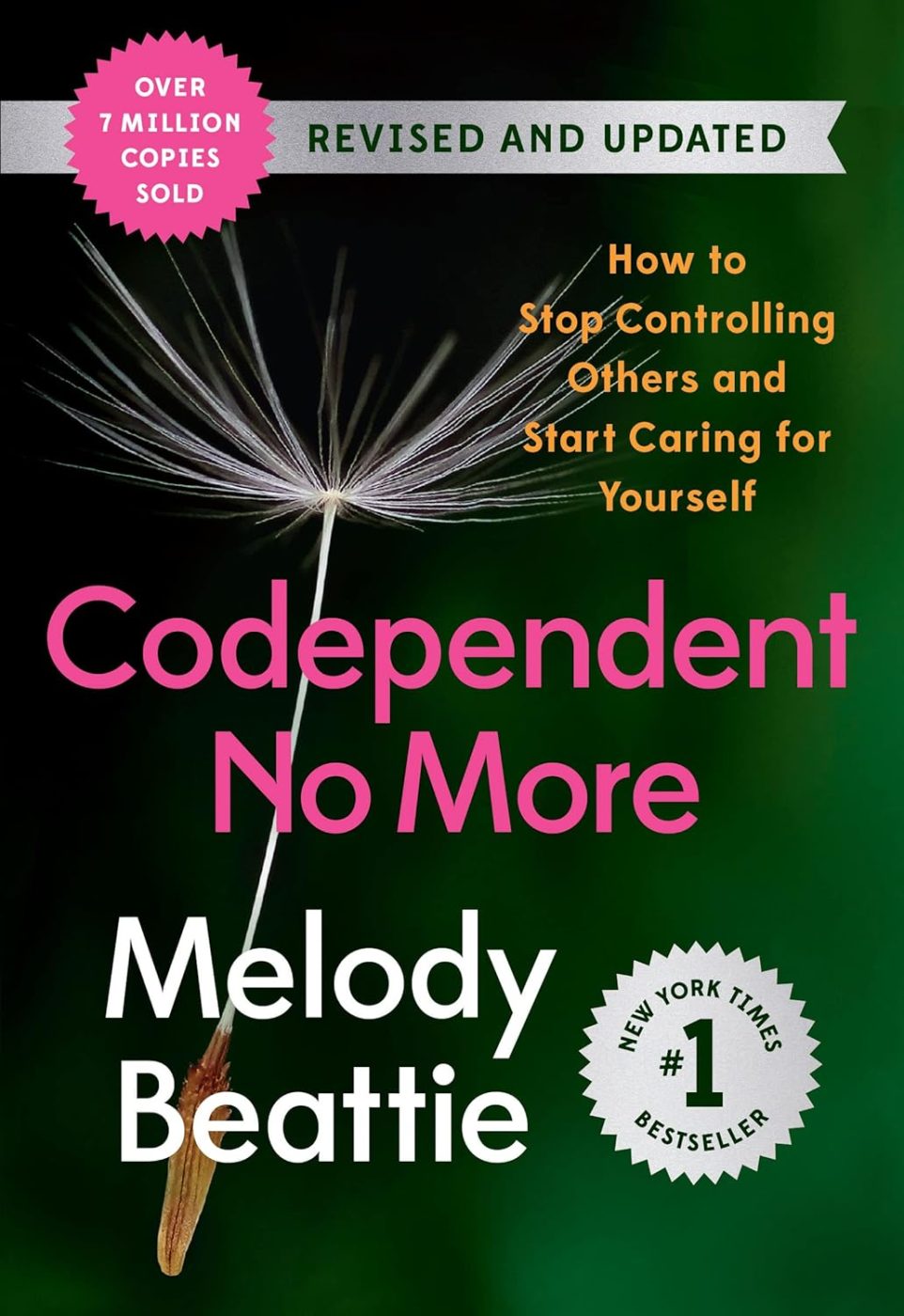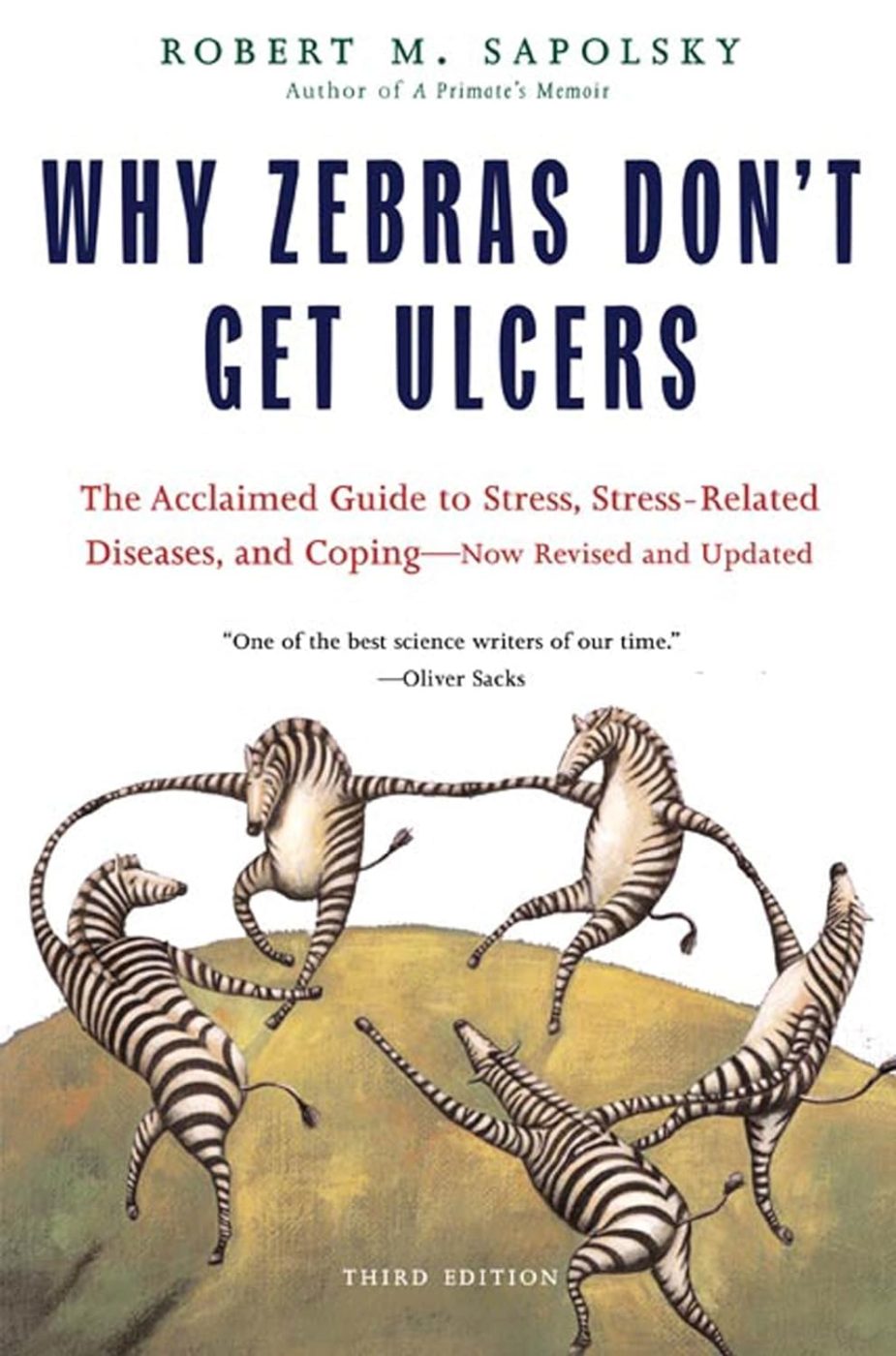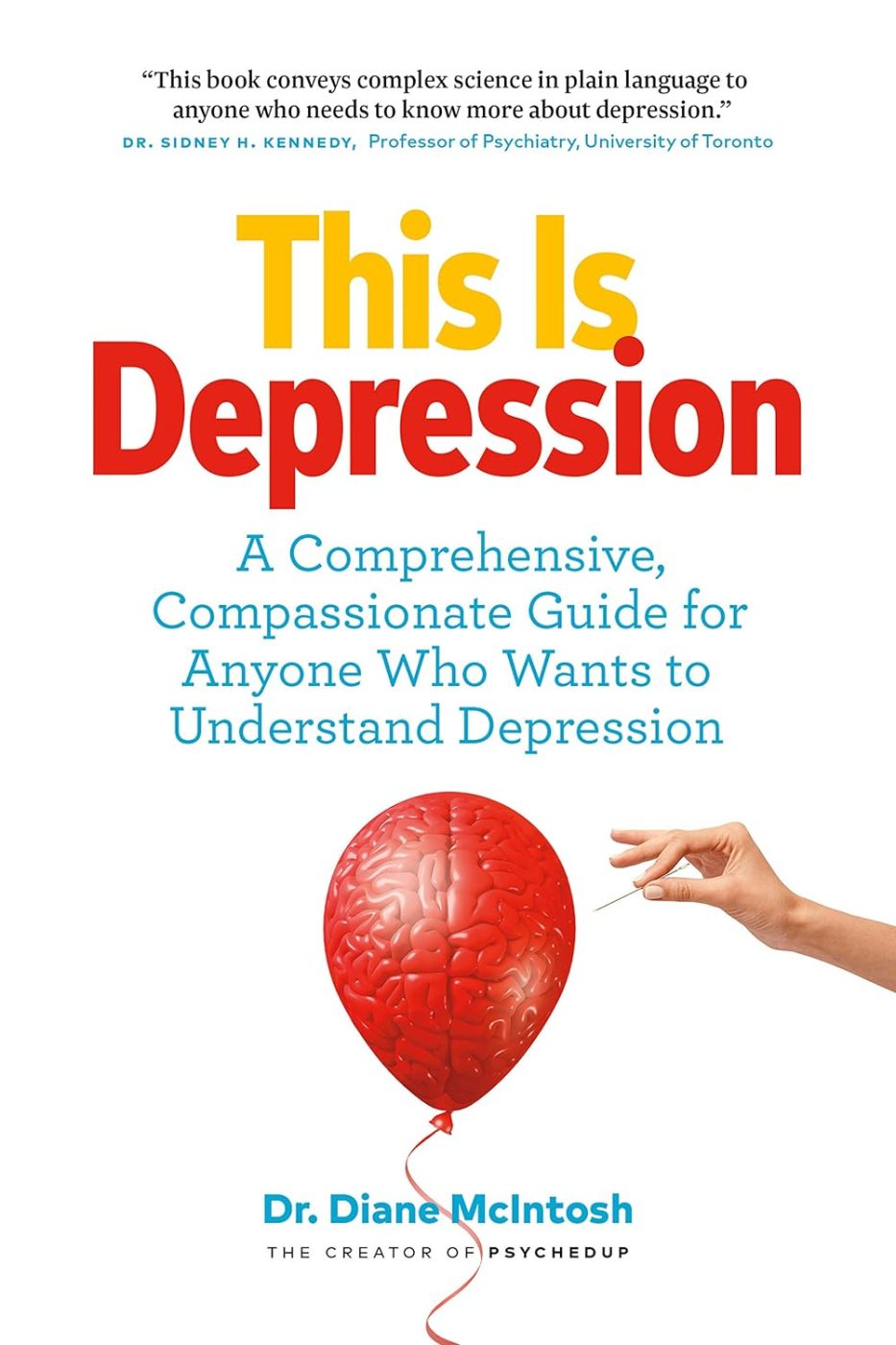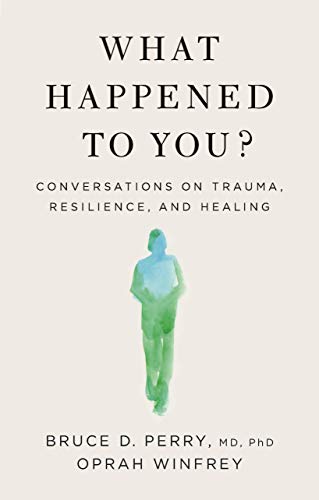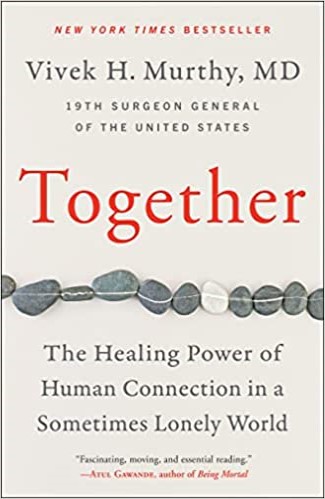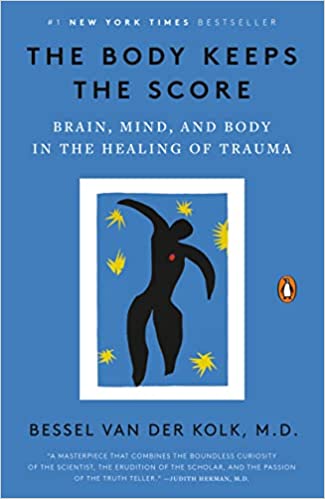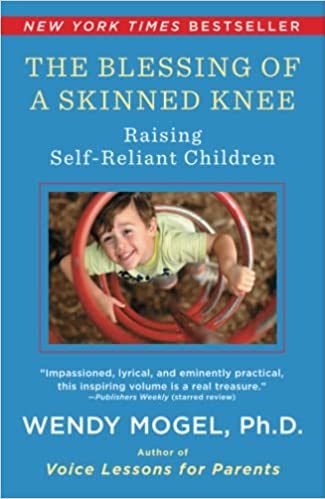Steps Toward Healthier Relationships: Understanding Codependence
Codependency is a term you may have heard before, but what does it actually mean? At its core, codependency is when one person in a relationship sacrifices their own needs, feelings, and well-being to focus on someone else’s. This often leads to an unhealthy dependency on the other person for emotional support, approval, or even self-worth. While it’s common in romantic relationships, codependency can also show up in friendships, family dynamics including parent/child relationships, and even at work.
People stuck in codependent relationships often struggle with setting boundaries, saying no, or prioritizing their own needs. Over time, this can lead to emotional exhaustion, low self-esteem, and a lack of personal identity. It’s a pattern that harms mental health and increases stress, making it harder to feel a sense of autonomy and self-worth.
How Codependency Affects Mental Health
Living in a codependent relationship can create a range of emotional struggles. Constantly focusing on the other person’s needs can prevent you from nurturing your own emotional health. This can lead to anxiety, depression, and feelings of resentment. Additionally, the fear of rejection or abandonment can increase stress and make developing a healthy sense of self tough.
Simple Ways to Break the Cycle
Recovering from codependency takes time, but making small, intentional changes in your relationships can dramatically improve your mental health. Here are a few strategies to help you move toward healthier dynamics:
Set Clear Boundaries
Start by identifying areas where you feel drained or resentful. These feelings often point to boundaries being crossed. Learn to say no when needed and communicate your needs honestly. Boundaries protect your emotional well-being and make sure your needs are respected.Prioritize Self-Care
Self-care is vital for mental health and isn’t selfish. Make time each day for activities that nourish you, whether that’s exercise, reading, or a creative outlet. Taking care of yourself reinforces that your emotional health matters just as much as anyone else’s.Foster Your Independence
Reconnect with your individuality by engaging in activities that bring you joy outside of the relationship. Whether that’s pursuing hobbies, spending time with friends, or simply enjoying quiet time alone, independence reduces the unhealthy need for external validation.Seek Support
Recovery from codependency is easier with support. Working with a therapist at Vine Counseling Center can give you the tools to break free from harmful patterns. You might also find support groups, like 12-step programs, helpful for connecting with others going through similar struggles.Practice Mindfulness
Codependency often stems from a deep-seated need to please others. Mindfulness helps you become more aware of your thoughts, emotions, and behaviors in the moment. By recognizing these patterns, you can start to shift them and make healthier choices.
Moving Forward
While breaking free from codependency is a process, it’s entirely possible with patience and small, consistent steps. Remember, your emotional well-being is just as important as anyone else’s, and you deserve healthy, balanced relationships. Keep taking those small steps toward recovery, and you’ll find greater emotional freedom and peace along the way. Our therapists at Vine Counseling Center are here to support you along the journey!






